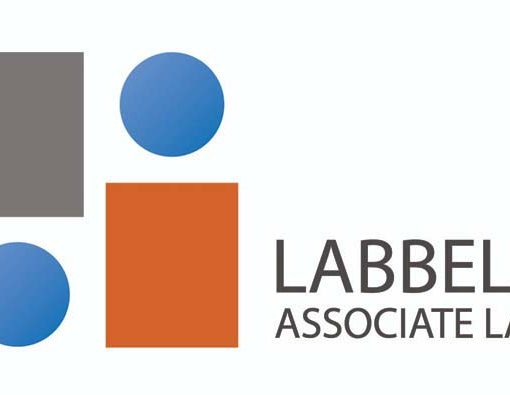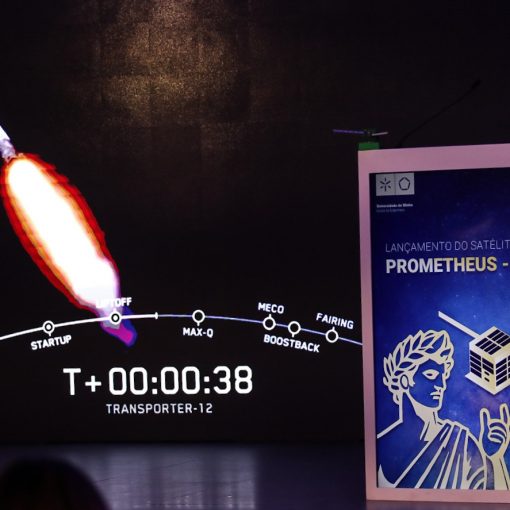The EuroCC2 project started in February; the new European project by INESC TEC aims to identify and address the skills gap in high-performance computing (HPC) in the European ecosystem, and to promote cooperation across Europe, thus ensuring a consistent skills base.
This project focuses on establishing and managing a network of more than 30 National Competence Centres (NCCs) in all European Union (EU) countries. This joint technology initiative seeks position the EU at the forefront of high-performance computing technologies, by supporting the development of exascale supercomputers (10^18, i.e., capable of performing 10 trillion mathematical operations per second).
“The NCCs act as unique access points in each country, mostly between stakeholders and national systems, and EuroHPC itself. In particular, they operate at regional and national level to connect with local communities – in particular small or medium-sized enterprises, universities and research centres -, to map HPC competences and to facilitate the access to European HPC resources for users in the private and public sectors”, explained António Sousa, EEUM’S professor and coordinator of INESC TEC’s High-Assurance Software Laboratory (HASLab) and head of the project.
With a three-year duration, the EuroCC2 project will foster training, interaction with industry, materials development, skills surveying, and research and communication activities, supporting the adoption of HPC services in other related areas e.g., quantum computing, artificial intelligence, and high-performance data analysis, towards expanding the HPC users’ base. Hence, it will facilitate the development of HPC Competence Centres and contribute to the creation of a global European HPC ecosystem.
“In this project, INESC TEC’s role is to establish relationships and promote the adoption of HPC in industry and the public sector, while managing the portfolio of services and skills in this area and promoting collaboration with other NCCs. We will seek to develop information sessions (general and sectoral) on the potential use of HPC in the Portuguese industry; we will also promote training actions to accelerate the adoption of this type of technology, in liaison with the other partners”, mentioned António Sousa.
The University of Stuttgart and the High Performance Computing Center (HLRS), in Germany, are the entities in charge of coordinating the project – which features partners from 36 different countries. Portugal is represented by the Foundation for Science and Technology (FCT), national coordinator of the project, INESC TEC, the Laboratory of Instrumentation and Experimental Particle Physics (LIP), the University of Coimbra and the University of Évora.
The kick-off meeting of the project took place in Stuttgart, Germany, between February 7 and 9, with all partners involved.
The researcher mentioned in this news piece is associated with INESC TEC and UMinho.
SOURCE: BIP



